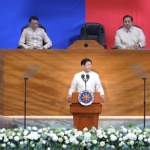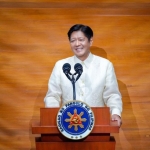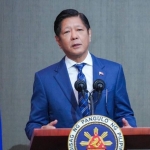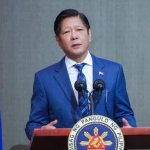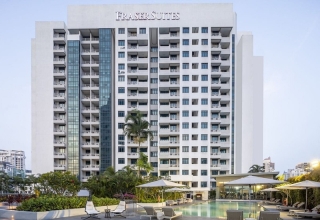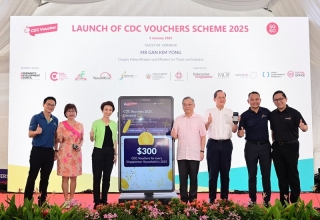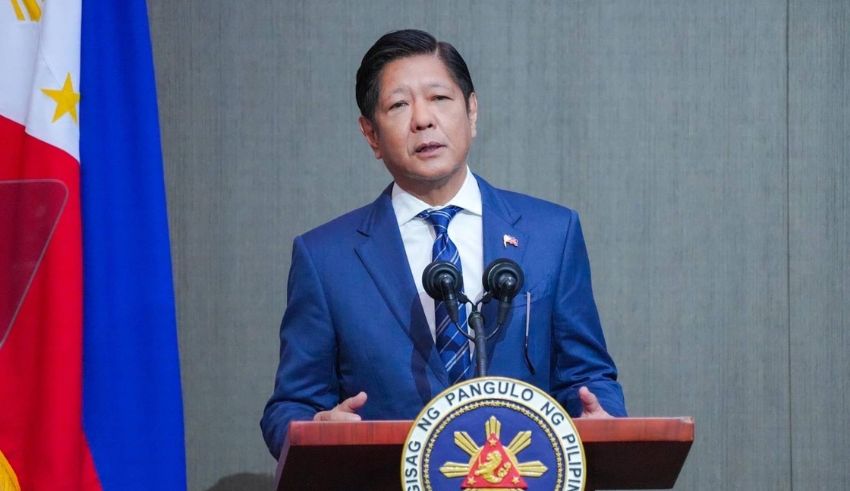
Aiming at accelerating the approval of the national budget, President Ferdinand Marcos Jr. has certified as urgent House Bill (HB) No. 10800, often known as the General Appropriations Bill (GAB). Following the certification of the President, this measure—which details the expected P6.351 trillion national budget for 2025—is set to be carried right away in the House of Representatives. By removing procedural obstacles, the urgency classification promises rapid adoption of the act, therefore satisfying the budgetary needs of the country for the next fiscal year.
Interpretive meaning of the presidential certificate
The House of Representatives can avoid the traditional legislative mandate calling for a three-session day gap between the second and third readings of a proposal by use of the certification of urgency. This exception lets the General Appropriations Bill be approved on the same day, on both the second and the third readings, therefore expediting its passage through Congress. Legislators affirmed during the Tuesday plenary session on President Marcos’s letter, which approved this fast-tracking bill, therefore reinforcing the government’s determination to assure that it has the means to run efficiently in 2025.
Review of the 2025 Suggested Budget
The House-amended form of the 2025 National Expenditures Program (NEP), which outlines how the P6.351 trillion budget will be utilized moving forward, is presented in House Bill No. 10800 Covering crucial areas such infrastructure development, healthcare expansion, educational reform, social services, and disaster resilience, this all-encompassing financial plan aspires to
Following the global economic crisis and ongoing influence of inflationary pressures, a large portion of the budget will most likely be committed to initiatives aiming at economic recovery. Investment in infrastructure under the “Build Better More” campaign will remain a primary priority alongside spending in health, education, and social welfare to counteract the effects of rising costs on Filipino households.
Legislative Process and Predicts
The certification of urgency is supposed to hasten the legislative process as the House is poised to approve the budget proposal before the end of the week. Fast passage would help to ensure that government departments and agencies may begin planning and carrying out their specific programs for 2025 without hindrance. The proposed budget will then be forwarded to the Senate, where it will be once more examined before final approval. Legislators fast-tracking the time frame helps them to minimize delays influencing the implementation of significant government projects.
Emphasizing post-pandemic economic recovery and continuous public welfare investment, the anticipated 2025 budget shows the fiscal aims of the government for the year. Since the government wants to retain momentum for its big projects aimed to enhance the airports, highways, ports, and public transit networks, infrastructure spending is probably among the highest allocations. These expenses are especially seen as essential in rural areas for creating employment and promoting economic growth.
Furthermore, highly sought after by healthcare will be government funds. Given the residual effects of the COVID-19 epidemic and the need to rebuild the national health infrastructure, expanding healthcare facilities, guaranteeing universal health coverage, and addressing urgent issues including access to reasonably priced medicine will probably take front stage in the budget.
Keep Reading
More funds for the Commission on Higher Education and the Department of Education will help to focus the budget in the educational sector on closing the learning holes generated by the pandemic. Investments in digital infrastructure to support online learning, teacher preparation, and school building repair also rank as top priorities.
Social services remain another crucial area of focus in the proposed budget. While inflation still influences the cost of life, the government seeks to assist impoverished communities further with programs including conditional cash transfers, livelihood projects, and subsidies for necessary goods.
More general social and financial implications
Adoption of the 2025 General Appropriations Bill will help the Philippines stay on course to meet both medium- and long-term economic goals. By ensuring the necessary funding, the government intends to increase general quality of living for Filipinos, lower poverty, and stimulate economic activity. The P6.351 trillion budget also seems as a strategic investment in the future of the country since it offers the basis for ongoing development.
The fast passing of the budget bill will provide a degree of financial stability, which will enable government agencies to implement projects aiming at the welfare of the Filipino people. It is especially important considering internal problems such inflation, unemployment, and disaster response as well as global economic instability. Good and quick financial allocation would enable the administration to position the country for more inclusive development and build resilience against forthcoming economic crises.
Calls for responsibility and openness
As the budget legislation reaches Congress, many stakeholders—including opposition politicians and civil society organizations—are pushing openness in the distribution and use of public money. Strong monitoring systems are widely searched for to guarantee that the money is used for its intended uses and to lower cases of corruption. Especially in sectors like health, education, and social services where efficient use of resources is necessary to give actual benefits to the community, the public will be closely monitoring how the money is distributed.
Last Thought: A Turning Point towards Financial Competency
One of the main legislative turning points is the General Appropriations Bill’s categorization as urgency. By speeding the acceptance of the P6.351 trillion budget, President Marcos Jr.’s government is reinforcing its will to make sure the country has the financial means required to handle its most pressing concerns. With spending in social services, healthcare, education, and infrastructure, the suggested budget not only helps economic recovery but also creates the foundation for next growth. Once the measure passes Congress, making sure the money is used properly and in the best interests of the Filipino people will take front stage.
